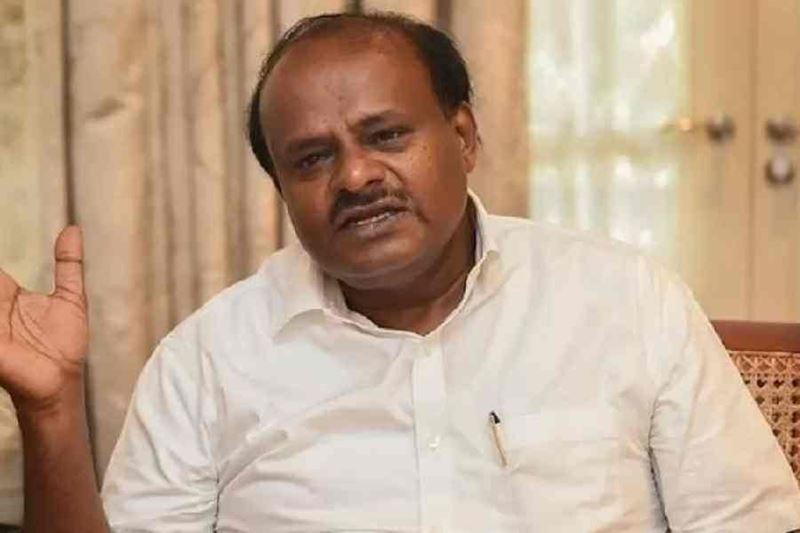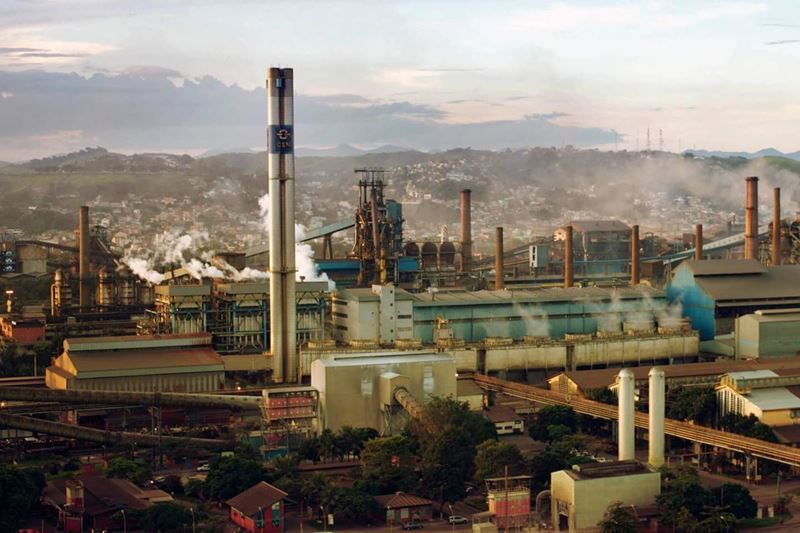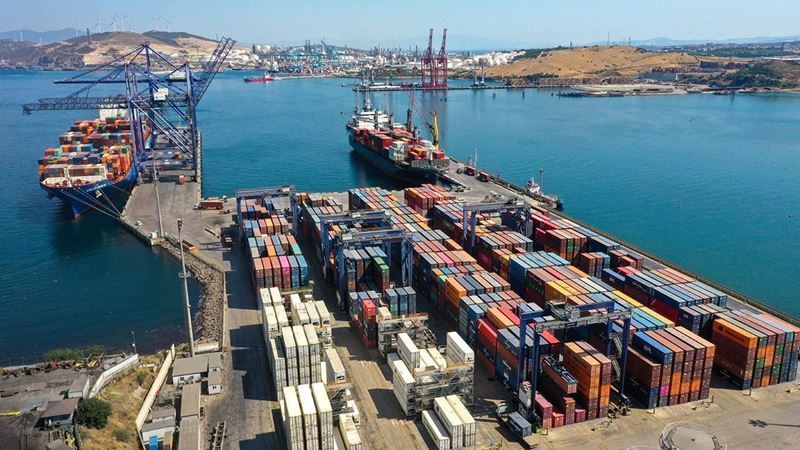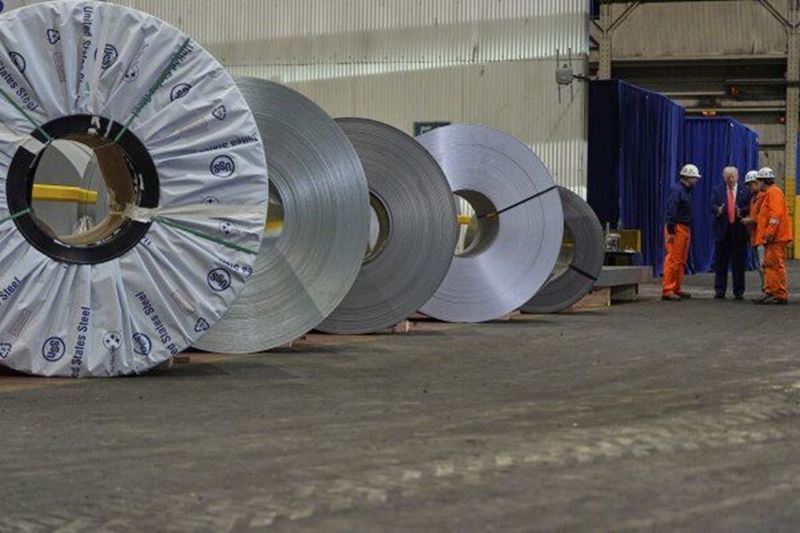The minister stated that India's steel sector continues to grow and multifaceted steps are being taken to reduce import dependence and increase export capacity.
Emphasizing that steel is a deregulated sector in India, Kumaraswamy stated that the role of the government is to create an appropriate policy environment and support the industry. In this context, the National Steel Policy, which came into force in 2017, targets a crude steel capacity of 300 million tons and production of 255 million tons by 2030. These targets are based on many factors such as increasing urbanization, infrastructure investments, exports and domestic demand.
According to ministry data, India is the world's second largest steel producer by fiscal 2024-25. During this period, the country's finished steel production amounted to 146.69 million tons and exports to 4.86 million tons. In 2023-24 and 2024-25, crude steel production was recorded at 144.30 million tons and 152.18 million tons, respectively, indicating an annual increase of 5.5%. Finished steel consumption was 136.29 million tons and 152.13 million tons respectively, up 11.6% y/y.
Minister Kumaraswamy announced that the government has taken the following steps to stimulate growth of the steel sector and reduce dependence on imports:
- Implementation of DMI&SP Policy: The Minister stated that the Domestically Manufactured Iron and Steel Products Policy (DMI&SP) has been introduced to encourage the use of “Made in India” steel in government procurement.
- Launch of PLI Scheme: The Minister informed that Production Linked Incentive (PLI) Scheme for Special Steel has been launched to encourage production of “special steel” in the country and reduce imports by attracting capital investments.
- Steel Quality Control Regulations: The Minister noted that substandard or defective steel products have been banned in the domestic market and imports to ensure quality assurance.
- Union Budget Regulations for 2024-25: The Minister stated that the following customs adjustments have been made in the budget to support the steel sector:
- Basic customs duty on ferronickel and molybdenum ores and concentrates has been reduced from 2.5% to 0%.
- The customs duty exemption for ferrous scrap was extended until March 31, 2026.
- The exemption granted to certain raw materials used in the production of Cold Rolled Gran Oriented (CRGO) steel continues until March 31, 2026. This exemption also covers raw materials used in the production of CRGO steel in tariff heading 7226 11.00.
Anti-Dumping and Countervailing Duties: The Minister said anti-dumping and countervailing duties have been imposed on certain steel products imported from various countries:
- Seamless pipes, pipe fittings and alloy/unalloyed steel products from China,
- Imported electro-galvanized steel from Korea, Japan and Singapore,
- Stainless steel seamless pipes and profiles imported from China,
- Duties are imposed on welded stainless steel profiles and tubes from Vietnam and Thailand.
- Countervailing duty (CVD) is imposed on welded stainless steel tubes from China and Vietnam.
- A temporary safeguard duty of 12% for 200 days is also imposed on imports of certain alloy and non-alloy steel flat products.
Updating the Steel Import Monitoring System (SIMS): The Minister announced that the SIMS system has been upgraded to SIMS 2.0 on July 25, 2024 to enable more effective monitoring of imports and to address the concerns of the domestic industry.
Minister Kumaraswamy stated that these measures will support India's sustainable growth in the steel sector and enhance the country's global competitiveness.










Comments
No comment yet.